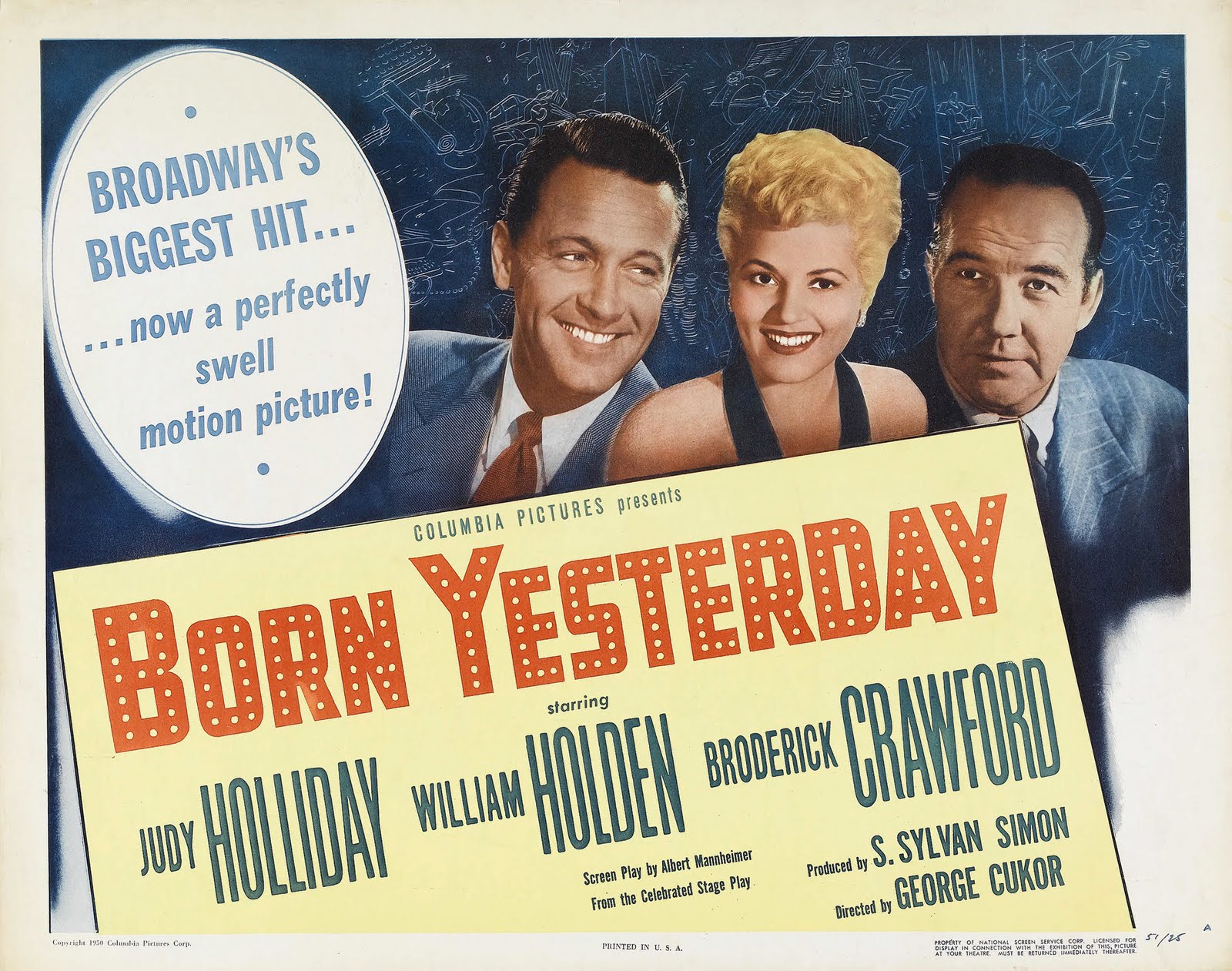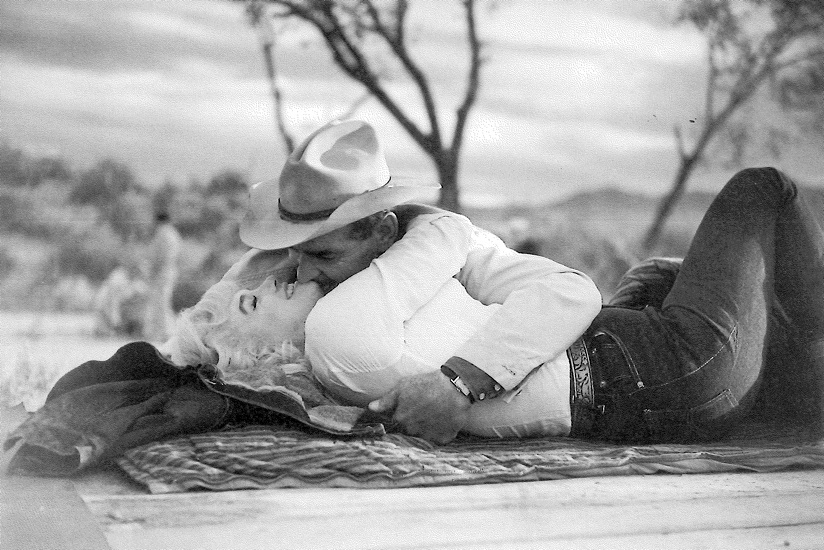
In 1948, Marilyn Monroe was twenty-two years old. After two years in the movie business, she had failed to make an impression. Her first contract with Twentieth Century Fox led to a few bit-parts before she was dropped. Undeterred, she took a room at the Studio Club and attended workshops at the Actors’ Lab, while posing for pin-ups on the side.
The year started badly when Marilyn’s beloved ‘aunt’, Ana Lower, died. Though not a blood relative, Ana had loved the young Norma Jeane unconditionally. Now Marilyn’s last link to the past was gone. When she signed a new contract with Columbia Pictures, her luck changed for the better.
Marilyn immersed herself in classes at Columbia, tutored by Natasha Lytess. Natasha was a German Jew who had fled to Los Angeles during World War II. She was single, with a young daughter. Though Marilyn had little acting experience and no formal training, Natasha believed in her potential. Despite their differences in age and background, the two women forged a close friendship.
After a few months, Marilyn was given the lead role in a low-budget musical, Ladies Of The Chorus. She discovered a talent for singing and fell in love with musician Fred Karger.
During 1948, Columbia boss Harry Cohn was looking for an actress to star in a film of the Broadway hit, Born Yesterday. It is a comedy about a gangster who hires a professor to teach his pretty but ill-educated girlfriend. The girl turns out not to be as dumb as she appears. Garson Kanin, who wrote the script, later said that the young Marilyn Monroe tested for the girl’s part.“Those who saw it thought it was excellent,” Kanin remembered. “But Harry Cohn, the head of the studio, did not trouble to take six steps from his desk to the projection room to look at her.” Marilyn’s test has never been found, but it would make fascinating viewing. The character of a girl who is considered to be stupid, but yearns for knowledge, seems to mirror her own quest for self-respect. When Marilyn earned her first big paycheck, she opened a store account – not to buy clothes or jewellery, but at a bookshop.
After six months at Columbia, Marilyn was called to Harry Cohn’s office to discuss the renewal of her contract. When he invited her to join him for a weekend on his yacht, Marilyn refused. Within days her contract was dropped and by late 1948, her relationship with Karger was over. He made it clear to Marilyn that she was not the kind of woman he would marry, and she realised there was no future for them.
Meanwhile, Judy Holliday reprised her stage role in Born Yesterday. It was only her second film and it made her a star. Judy was a fine actress who, like Marilyn, became typecast in the role of a ‘dumb blonde’. She won an Oscar and went on to make more comedies and musicals, though she never quite achieved the acclaim her talents merited.
In 1948, Marilyn wasn’t yet ready for stardom. Eight years later, she had eclipsed most of her peers. The two women met for a photo-shoot in New York, where Judy was rehearsing a Monroe impersonation for her cabaret act. Journalist Martha Weinman Lear remembers a ‘sweetly scruffy’ Marilyn giving Judy tips on how to look and act like her. ‘Both women had the same problem,’ she observed. ‘They were both straining to impersonate Marilyn Monroe.’
But when the cameras rolled, Marilyn took control. ‘Conant shot hundreds of exposures that afternoon; not a single one of Marilyn was bad, and most were splendid. Ultimately, what one saw in the room did not matter. Her face, as they say of certain faces – as they first said of Valentino’s face – made love to the camera.’






